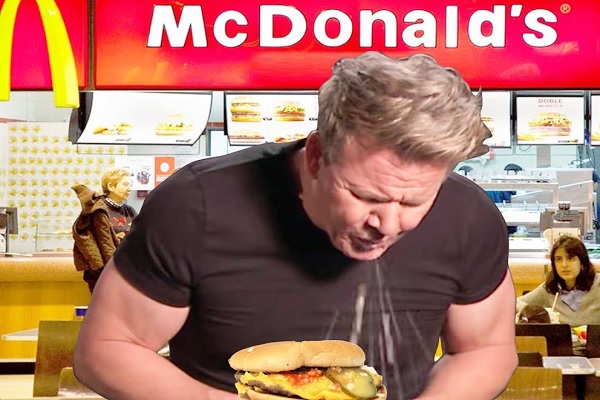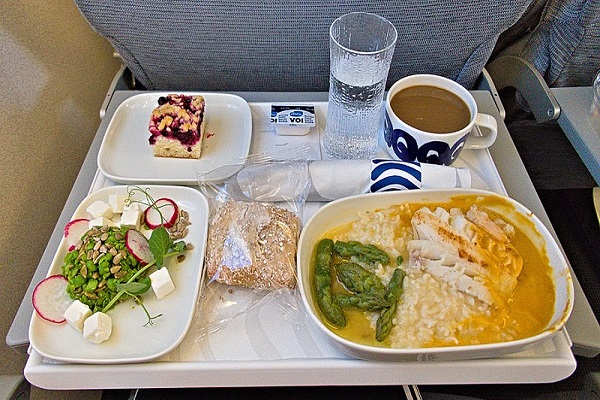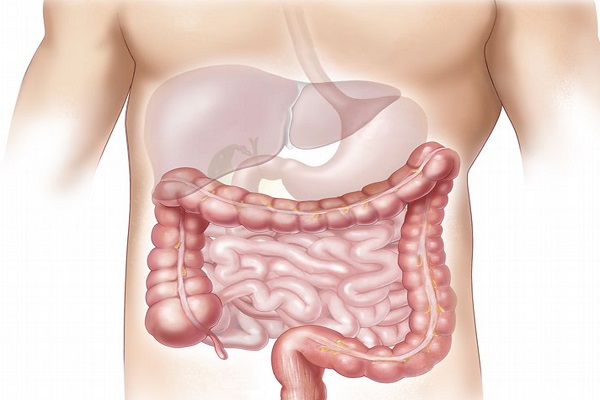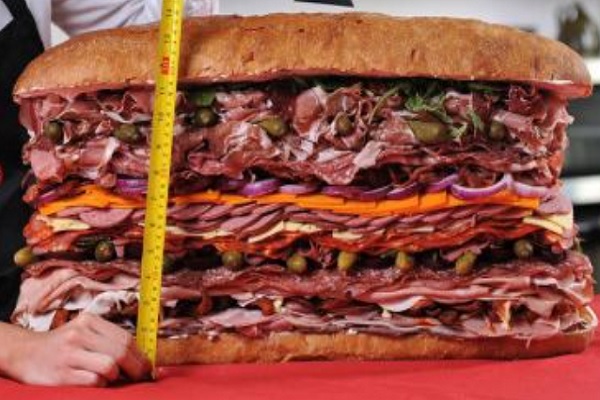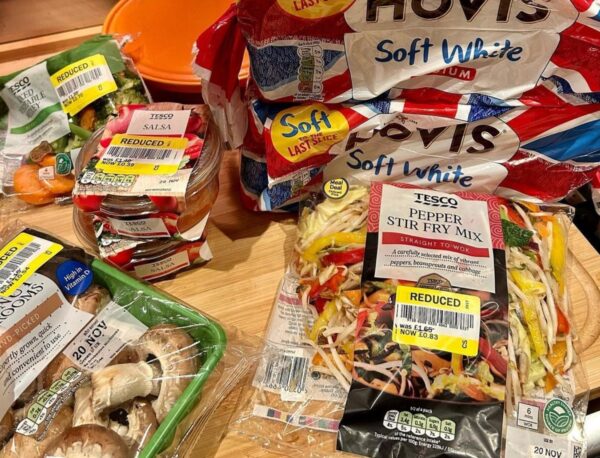
Winning the Charity Lotto at Lottoland brings about a lot of life changes. It’s perfectly normal for things to change after coming into money—you might buy a new car or a new house; you may travel more or go back to school. Another thing you may also notice is a huge shift in the amount of food your family wastes after winning the lottery.
When you’re pinching pennies, you make food last or you reuse food—families without a lot of resources tend to have pretty close to zero food waste. People stop being thrifty when they come into money because they don’t have to anymore, but it’s important to recognize the role we all have as citizens of this planet. It’s important that we get everyone, regardless of household income or socio-economic status, on board with aiming for as little food waste as possible.
The Facts About Global Food Waste
According to the United Nations Environment Programme, it is estimated that one-third of the food produced in the world is wasted. This amounts to around 1.3 billion tonnes of food wasted every year. Not only is this a huge waste of resources, but it also has a significant impact on the environment. Food waste is responsible for approximately 8% of global greenhouse gas emissions. If we want to reduce our impact on the environment, we need to reduce food waste.
Simple Ways to Reduce Food Waste
There are simple ways we can all help reduce food waste. For example, meal planning can help us use up what we have before it goes bad. And when we do have food that’s reached its expiration date, there are plenty of recipes for “ugly” produce that can still be delicious.
By making small changes in our daily routines, we can make a big difference in the fight against climate change.
The Causes of Food Waste
Food waste has become a global problem in recent years. There are many reasons for this, but the main ones are:
1. People are buying more food than they need. This is often because of supermarkets and other food retailers selling food in large quantities at low prices. This encourages people to buy more than they need, and then throw away the excess.
2. A lot of food is wasted because it doesn’t get used in time. This is often because people buy too much, or because they don’t realize how long certain foods will last before going off. For example, many people throw away perfectly good fruit and vegetables simply because they’re starting to look a bit wrinkled.
3. Another cause of food waste is that we often don’t cook or eat all of the food we buy.
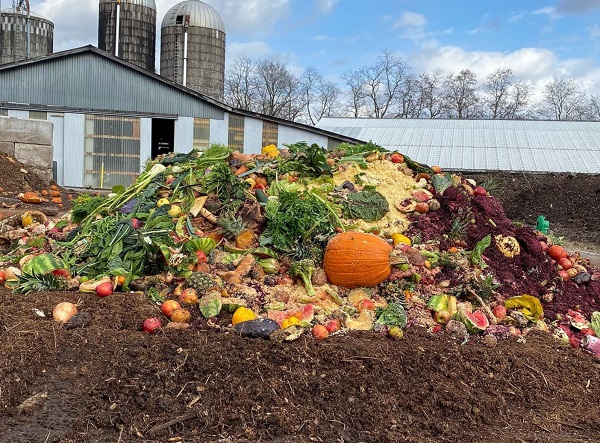
What Can We Do?
When it comes to reducing food waste, we can all do our part. There are a number of things we can do to reduce the amount of food we waste each day. Here are a few tips:
1. Plan your meals ahead of time and only buy what you need. This will help you avoid impulse purchases that you may not end up using.
2. Use up leftovers before they go bad. Get creative with your leftovers and turn them into new and exciting dishes.
3. Don’t be afraid to freeze food. Freezing food is a great way to make it last longer and reduce waste.
4. Compost your food scraps instead of throwing them away. This is a great way to reduce the amount of organic waste that ends up in landfills.
Let’s Reduce Food Waste!
It is evident that there are many ways to reduce food waste. By working together, we can make a difference in the amount of food wasted each year. Let’s start by being more mindful of the food we buy and how much we actually need, regardless of how much money we have to spend. Together, we can make a difference.

